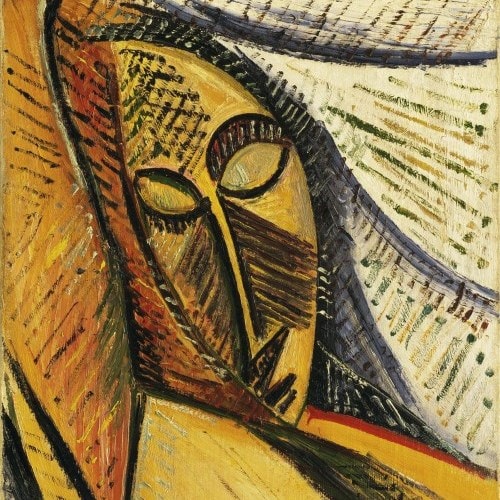The activity of dreams, as natural and innate as the human heartbeat, has extraordinary therapeutic potential and is widely thought to trigger the body’s own self-healing response. When we pay unbiased attention to our dreams, we notice that we are in a world where multiple perspectives coexist.
Dreams appear as self-manifestations of landscapes, environments, people, animals, and a variety of other presences such as traffic lights and kitchen sinks. We employ a human faculty called mimesis (which we understand to mean “the compulsion to become like other”). It is one of our first modes of communication, as mother and infant are in a constant symbiotic state of mimesis, becoming like one another. Actors and dancers are the great embodied artists of mimesis: they become like the character expressing itself through their body and craft. Using this mimetic dramatic craft, we can let ourselves be taken over by the characters of our dreaming. This way, we end up in an embodied world of multiple characters existing simultaneously. Each character has its own perspective. Becoming aware of them as a potential state of consciousness has dramatic results.
Allowing the routine experience we call “habitual consciousness” to interact with non-self experiences leaves behind the condition in which we are the protagonists on the stage of life involved in deafening self-hypnotic monologues. As we dialogue with what’s different from our habitual state, we become a self-organizing system without an overarching controlling self. It makes us more resilient, fluidly adapting to interior and exterior challenges like a swarm of birds.
Robert Bosnak will teach us techniques based on the art of alchemy making it possible for us to stew in a state of multiplicity until we witness emergent phenomena that are entirely fresh and have profound implications for therapy. This recording includes a demonstration of Bosnak’s process with a volunteer.



